OMedLive, an online oncology learning channel from PlatformQ Health Education, will be in Chicago for the ASCO Annual Meeting from June 1-5. Our commitment to oncology practice and cancer care makes ASCO 2018 one of the most exciting events for our team, because it gives us an opportunity to explain how we’re improving healthcare outcomes through trusted digital education for people with cancer by:
- Patient-Centered Video Education: Live & On-Demand programs uniquely designed to address the educational needs of clinicians or patients
- Designed for Engagement: Pre-program “Question Boards”, live Q&A and live polling lift retention and ensure education addresses participant needs
- Reaching Clinicians and Patients Where They Engage: Our programs are syndicated across multiple publisher networks
- Educating for Outcomes: Measuring meaningful impact through outcomes reporting, including qualitative and quantitative methods, in-depth interviews and Patient Activation Measure™
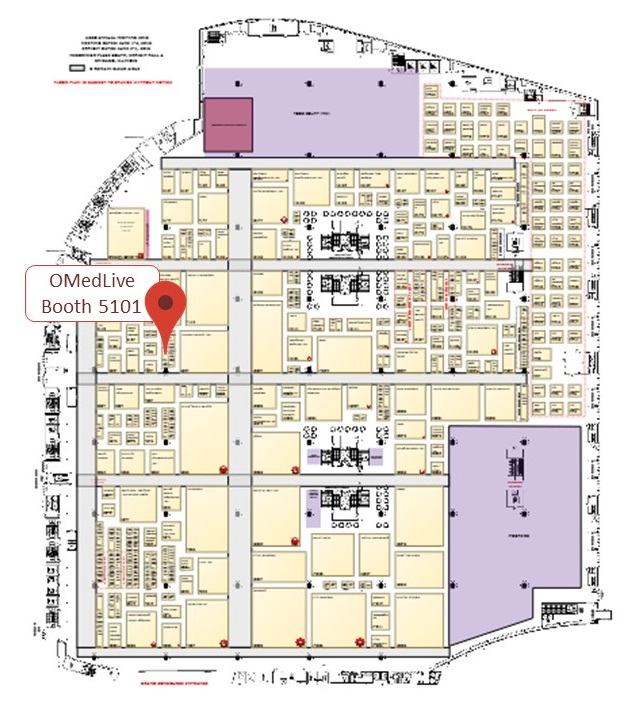 Stop by our booth (Booth 5101) to learn more about how our trustworthy educational programming is changing how clinicians and patients understand and act on the most timely, relevant, reliable disease and therapeutic information available. We’ll be speaking towards all our therapeutically-aligned learning channels in the oncology space:
Stop by our booth (Booth 5101) to learn more about how our trustworthy educational programming is changing how clinicians and patients understand and act on the most timely, relevant, reliable disease and therapeutic information available. We’ll be speaking towards all our therapeutically-aligned learning channels in the oncology space:
- OMedLive: Oncology learning channel for clinicians, featuring free CME and non-accredited education
- CancerCoachLive: Patient-focused channel dedicated to educating and empowering those touched by cancer through partnerships with patient foundations like the Leukemia & Lymphoma Society, Carcinoid Cancer Foundation and Bladder Cancer Advocacy Network
- UroCareLive: Engaging Urology specialists online with education from leading organizations like the Large Urology Group Practice Association
- RareDiseaseLive: A platform dedicated to providing access to rare disease education for patients, caregivers, advocates and clinicians
We’re proud to have two abstracts accepted for online publication for the 2018 ASCO Annual Meeting, sharing insights from clinician and patient education programs in breast and bladder cancer.
Examining Clinician Confidence in the Management of Breast Cancer Based on Subtype (Abstract Number: e18835) This abstract shares insights from two live online educational programs – one on the management of HER2+ Breast Cancer, the second on HR+, HER21 Breast Cancer, which attracted more than 870 clinicians in a 6-month period. Results showed clinician confidence and competence varying based on the Breast Cancer subtype and familiarity of HER2-targeted agents vs newer treatments. (See full abstract for further findings below.)
Enhancing Bladder Cancer Care Through Clinician and Patient Education (Abstract Number: e18834) This abstract focuses on understand the HCP and patient perspectives on the quality of Bladder Cancer care in navigating the treatment course. Two educational sessions were deployed – one for clinicians on OMedLive, another corresponding patient education program on CancerCoachLive, focusing on quality of life conversations (HCPs) and quality of care (patients). Results indicate that multidisciplinary team approaches are being implemented in Bladder Cancer practice, but greater educating encouraging both groups to be actively involved in care is needed for each. (See full abstract for further findings below.)
Keep an eye out for our team, and make sure you stop by booth 5101 to hear more about how we’re innovating medical education for clinicians and patients.

Medical Director
Email Hamsa

VP of Digital Education
Email Jayne
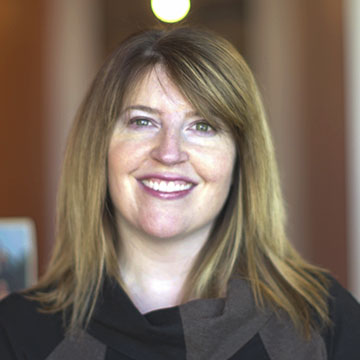
Director of Digital Education
Email Maria

General Manager, Cardiology
Email Jeff
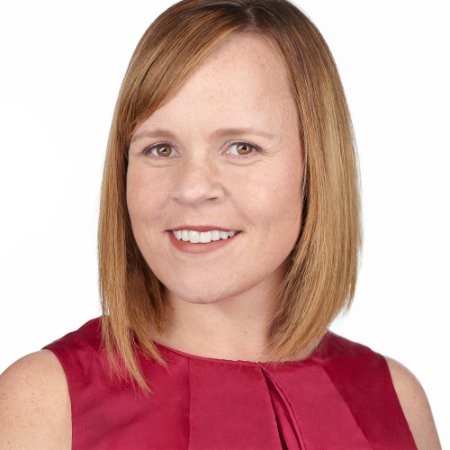
VP, Sponsorship Sales
Email Kerry
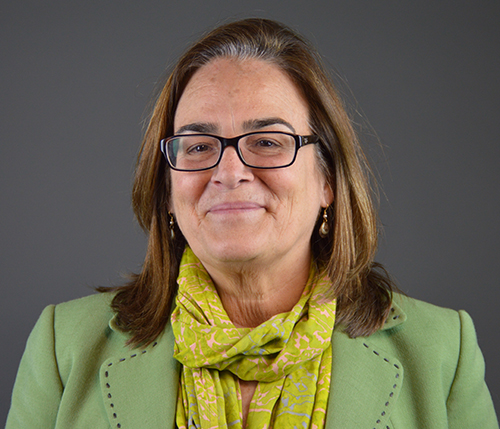
Senior VP of Education
Email Kathryn

Vice President CME Marketing
Email Christian
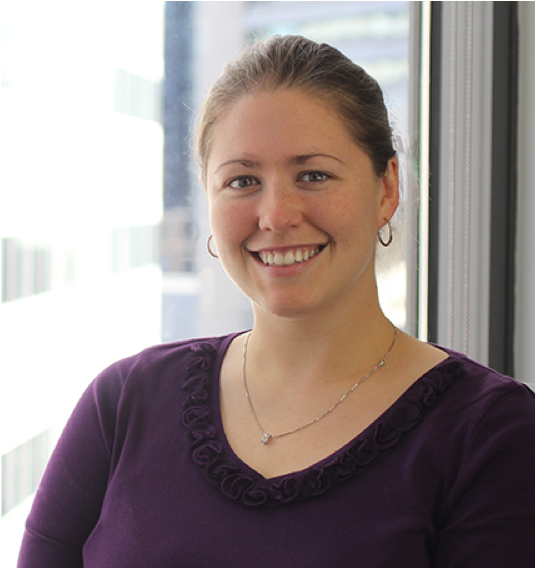
Dir., Product Marketing & Partnerships
Email Lauren
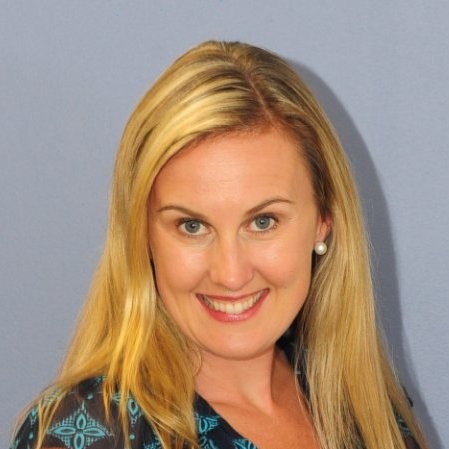
Director, Customer & Event Marketing
Email Kelley
Unable to attend, and want to learn more about why we’re the fastest growing medical and health education network in the U.S.? Contact Lauren Alford at lalford@platformq.com.
2018 ASCO Abstracts for Online Publication
Examining Clinician Confidence in the Management of Breast Cancer (BC) Based on Subtype (Abstract Number: e18835)
Hamsa Jaganathan, PlatformQ Health, LLC, Needham, MA
Anne Roc, PhD, PlatformQ Health, LLC, Needham, MA
Wendy Turell, PlatformQ Health, LLC, Needham, MA
Harold J. Burstein, Dana-Farber Cancer Institute, Boston, MA
Richard S. Finn, University of California Los Angeles, Los Angeles, CA
Background: Despite recent advances in BC management, the heterogeneity of BC and the multiple therapies available for each subtype present a challenge for clinicians to quickly adopt new strategies to provide optimal care for their patients. To explore the education needs of clinicians specializing in BC, 2 continuing medical education (CME) activities were produced, and self-reported participant responses on learner confidence and competence were compared.
Methods: Two live web-based CME activities were produced on the management of: (1) HER2+ BC, which attracted 419 learners from June 10, 2016 to June 10, 2017, and (2) HR+, HER2- BC, which attracted 452 learners from June 28 to December 28, 2017. Data from CME test questions, live polling responses, and questions posed during live Q&A were analyzed to determine engagement, lessons learned, and continuing education gaps. Tests of statistical significance were conducted using the McNemar test for matched pairs (learners who completed both pre/post & pre/8-weeks, respectively). Effect size was computed using Cohen’s d (for all significant findings).
Results: Learners reported that both activities had a positive clinical impact (67% for both activities) and patient experience/outcome for their practice (50 and 54% for activities 1 and 2, respectively). Learner confidence was greater in the ability to manage patients with HER2+ BC compared with patients with HR+, HER2- BC (54% vs. 39%, respectively). Similarly, learner competence was greater in identifying an optimal treatment after disease progression in a case study of HER2+ BC compared with a case study on HR+, HER2- BC (50% vs. 37% increase from baseline to 8-week follow-up, respectively). In contrast, learner confidence was greater with regards to the use of CDK4/6 inhibitors for patients with HR+, HER2- BC (48%) compared with the use of HER2-targeted agents for patients with HER2+ BC (33%).
Conclusions: Clinician confidence and competence varied based on the BC subtype and the familiarity of HER2-targeted agents vs newer treatments, such as CDK4/6 inhibitors. Outcomes from these 2 activities support the continuing need for targeted education on BC therapies to improve patient management and care.
Enhancing Bladder Cancer (BC) Care through Clinician and Patient Education (Abstract Number: e18834)
Hamsa Jaganathan, PlatformQ Health, LLC, Needham, MA
Anne Roc, PhD, PlatformQ Health, LLC, Needham, MA
Wendy Turell, PlatformQ Health, LLC, Needham, MA
Matt D. Galsky, Icahn School of Medicine at Mount Sinai/Tisch Cancer Institute, New York, NY
Background: Management of bladder cancer (BC) requires a patient-centered, multidisciplinary team approach, which has been advocated by ASCO. To understand healthcare provider (HCP) and patient perspectives on the quality of BC care in navigating the treatment course, we offered 1 hour of continuing medical education (CME) to HCPs and 1 hour of education to patients and analyzed self-reported survey responses.
Methods: PlatformQ Health and Bladder Cancer Advocacy Network produced: a CME activity that aired live online on August 2017 and on-demand for 6 months, and a corresponding patient activity that aired live online September 2017 and on-demand for 12 months. Survey-based evaluations measured HCP responses on how they conduct quality of life (QOL) conversations with their patients and if multidisciplinary teams are used when making treatment decisions. Patient surveys asked similar themes to assess their perspectives on quality of care of their HCPs.
Results: After the CME activity, 33% (n = 102) of HCPs reported discussing QOL (e.g. daily tasks, exercise, nutrition) with their patients in every visit, and 27% (n = 49) reported making greater efforts to ensure a multidisciplinary approach in their treating patients with BC. After the patient activity, only 19% (n = 59) of patients reported discussing QOL issues in every visit with their HCPs, and more than half (55%) discuss QOL issues only when specific questions or issues are raised. Patients also reported that:
- communication or collaboration with their HCP improved (50%, n = 60),
- they felt more in control of their health care decisions (54%, n = 48),
- their health-related behaviors improved (36%, n = 59)
Moreover, 51% (n = 59) of patients reported receiving care from a urologist and primary care provider to manage their disease, and 44% reported seeing a primary care provider, urologist, oncologist, and other HCPs, suggesting that team-based approaches are being applied to their care.
Conclusions: While results indicate that multidisciplinary team approaches are being implemented in BC practice, there is an overall need for HCPs and patients to receive more education that encourages both groups to be actively involved in cancer care.



